
Ashley Hamer
Ashley Hamer is a contributing writer for Live Science who has written about everything from space and quantum physics to health and psychology. She's the host of the podcast Taboo Science and the former host of Curiosity Daily from Discovery. She has also written for the YouTube channels SciShow and It's Okay to Be Smart. With a master's degree in jazz saxophone from the University of North Texas, Ashley has an unconventional background that gives her science writing a unique perspective and an outsider's point of view.
Latest articles by Ashley Hamer
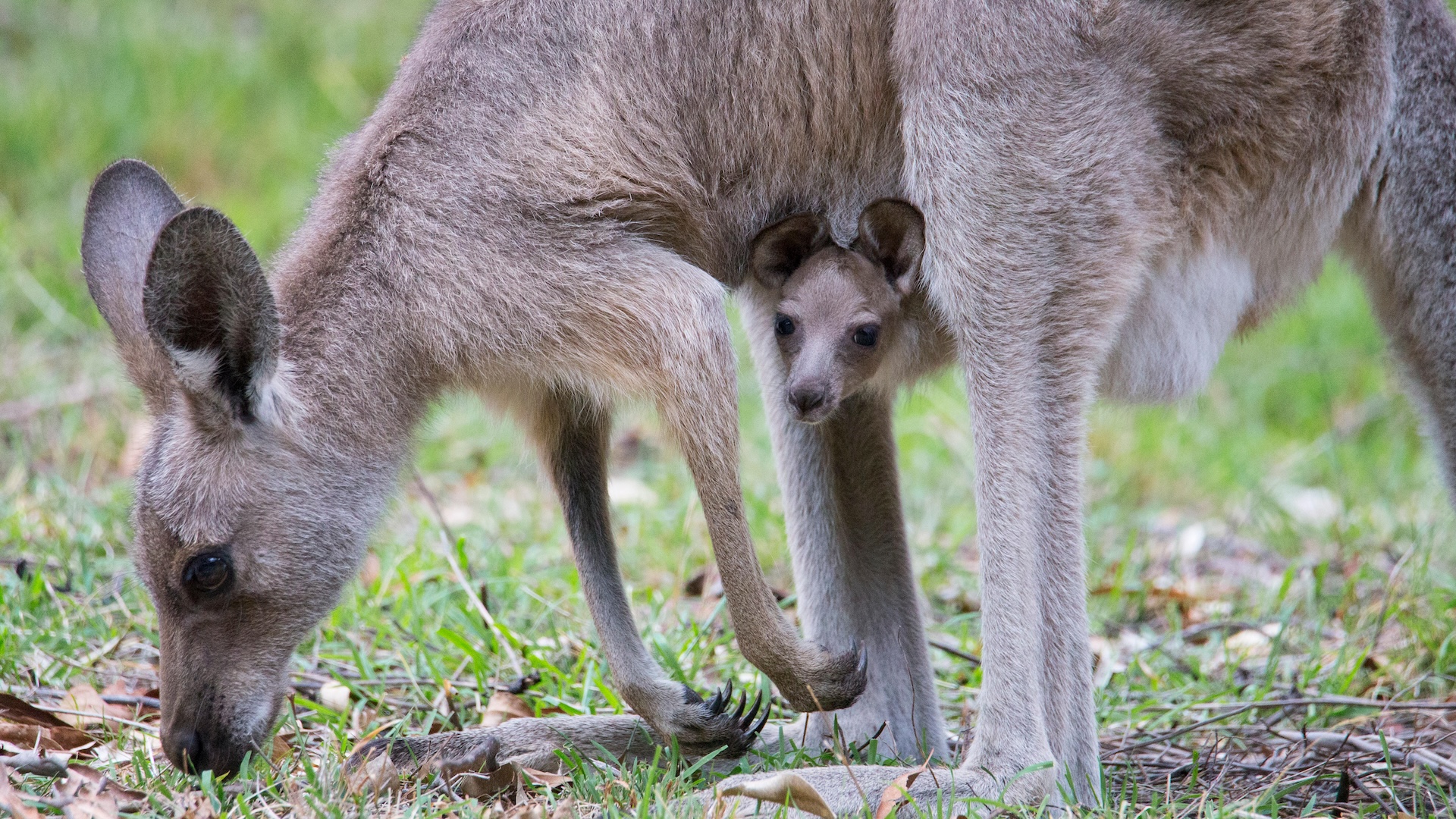
Why do kangaroos have 3 vaginas?
By Ashley Hamer published
Female kangaroos have one tail, two feet and three vaginas when they're giving birth.
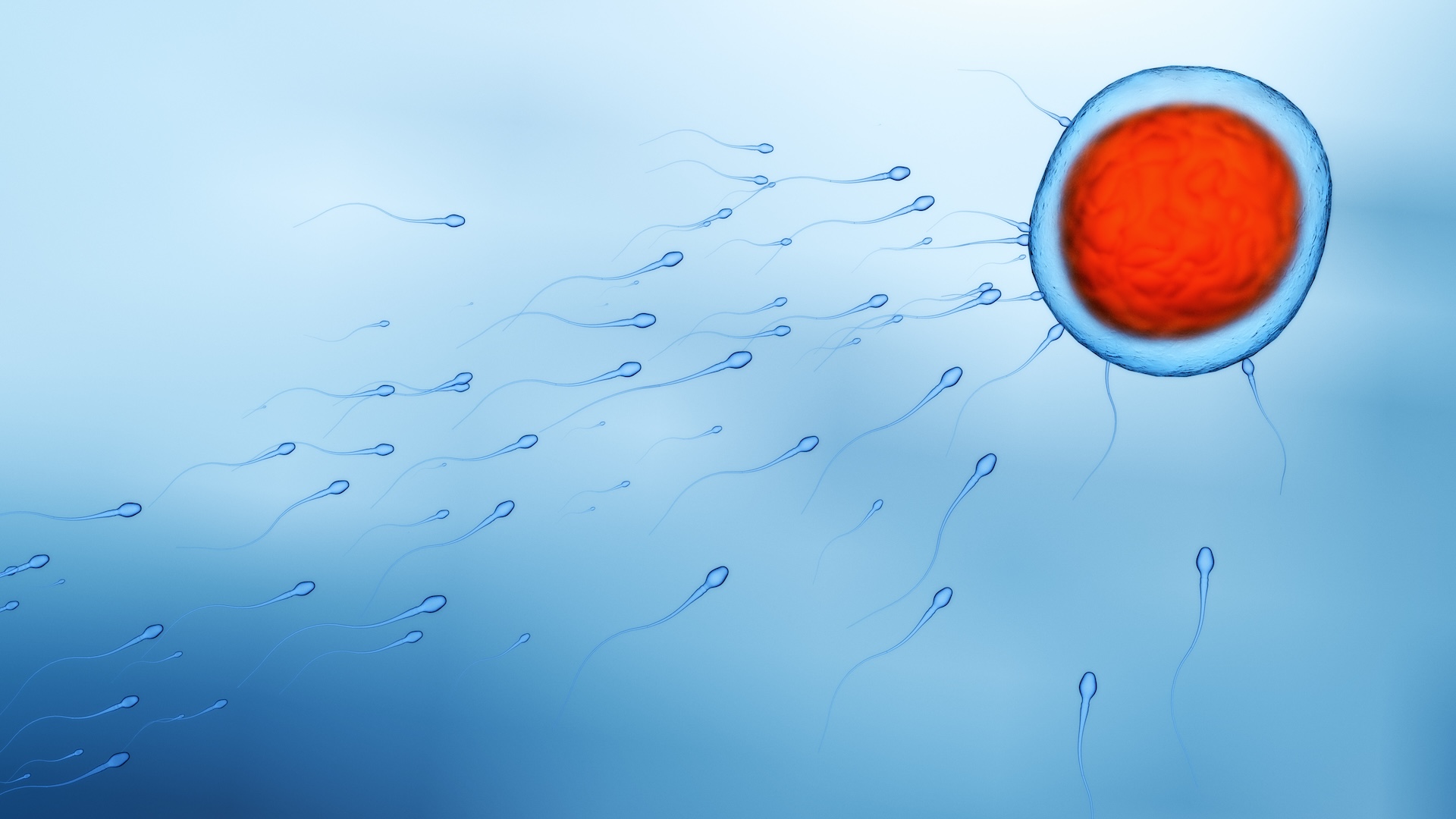
Do sperm really race to the egg?
By Ashley Hamer published
It's commonly thought that sperm "race" to the egg, with the winner fertilizing it. But is this really the case?
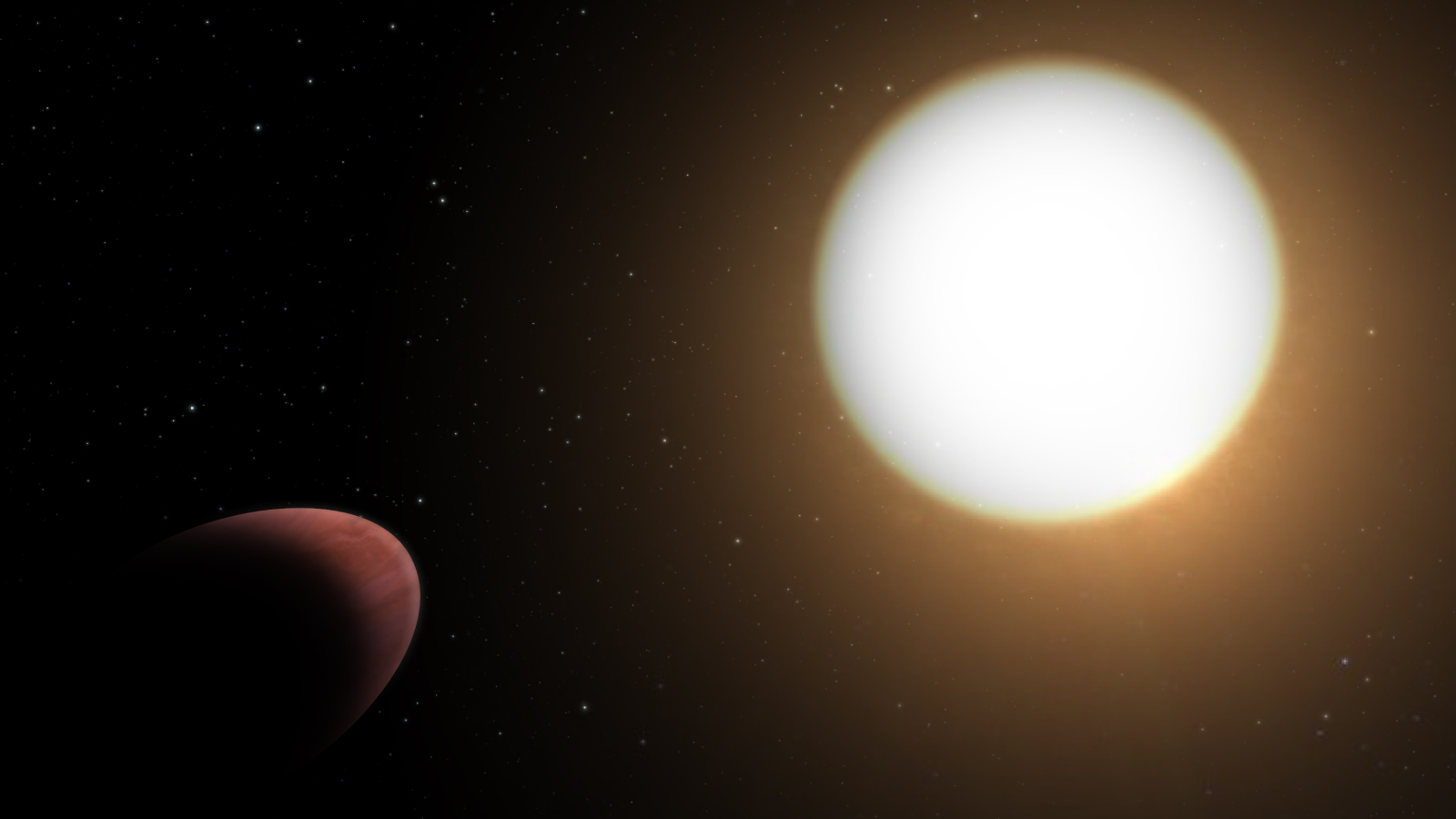
Are there any planets in the universe that aren't round?
By Ashley Hamer published
Earth is round, but are there any planets in the universe that aren't?

Why can't you suffocate by holding your breath?
By Ashley Hamer published
The human body has a number of mechanisms that prevent you from holding your breath until you suffocate.
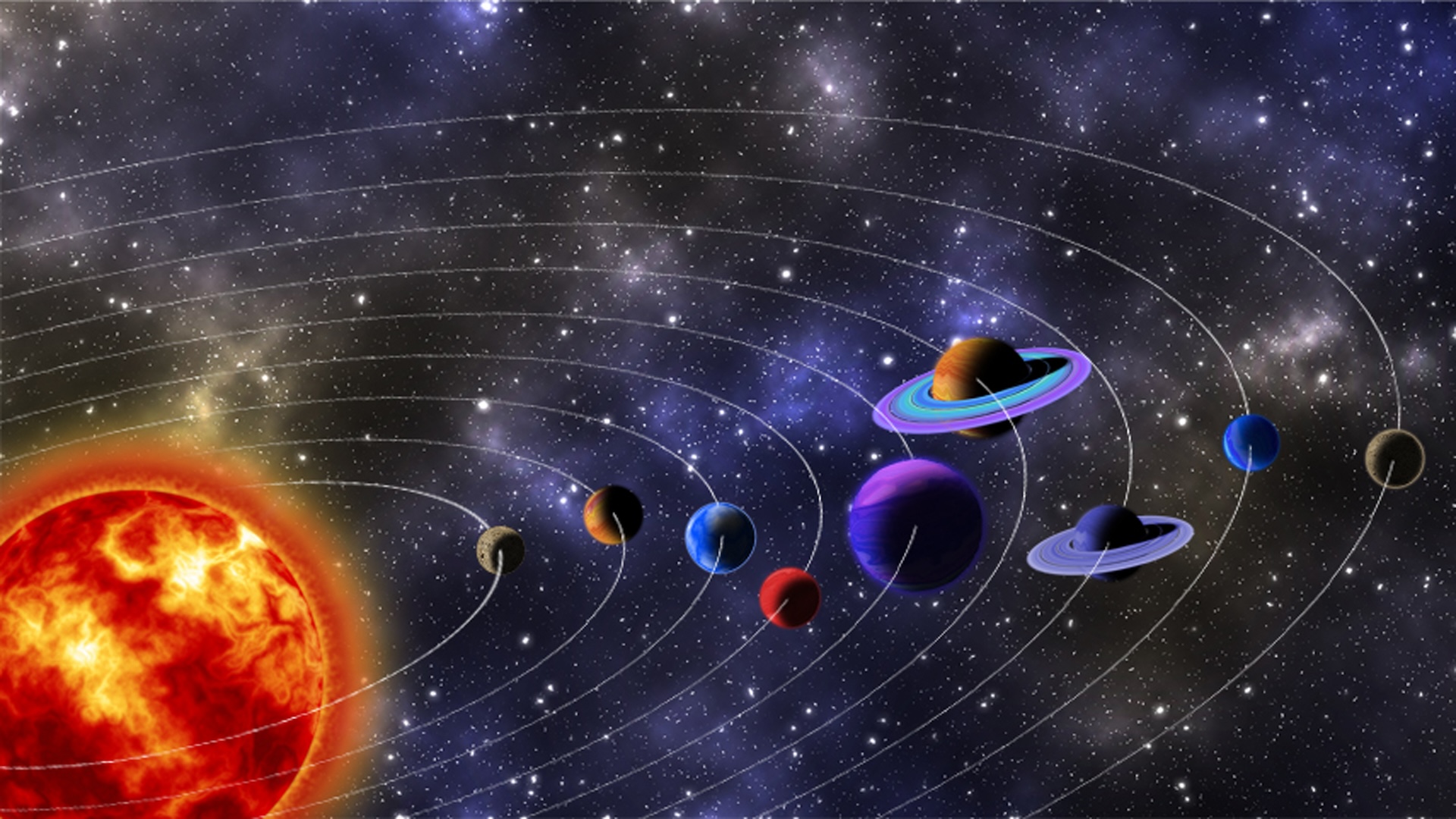
Why is everything in space always moving?
By Ashley Hamer published
From the moment of the Big Bang, everything in the universe has kept moving, but why is that?
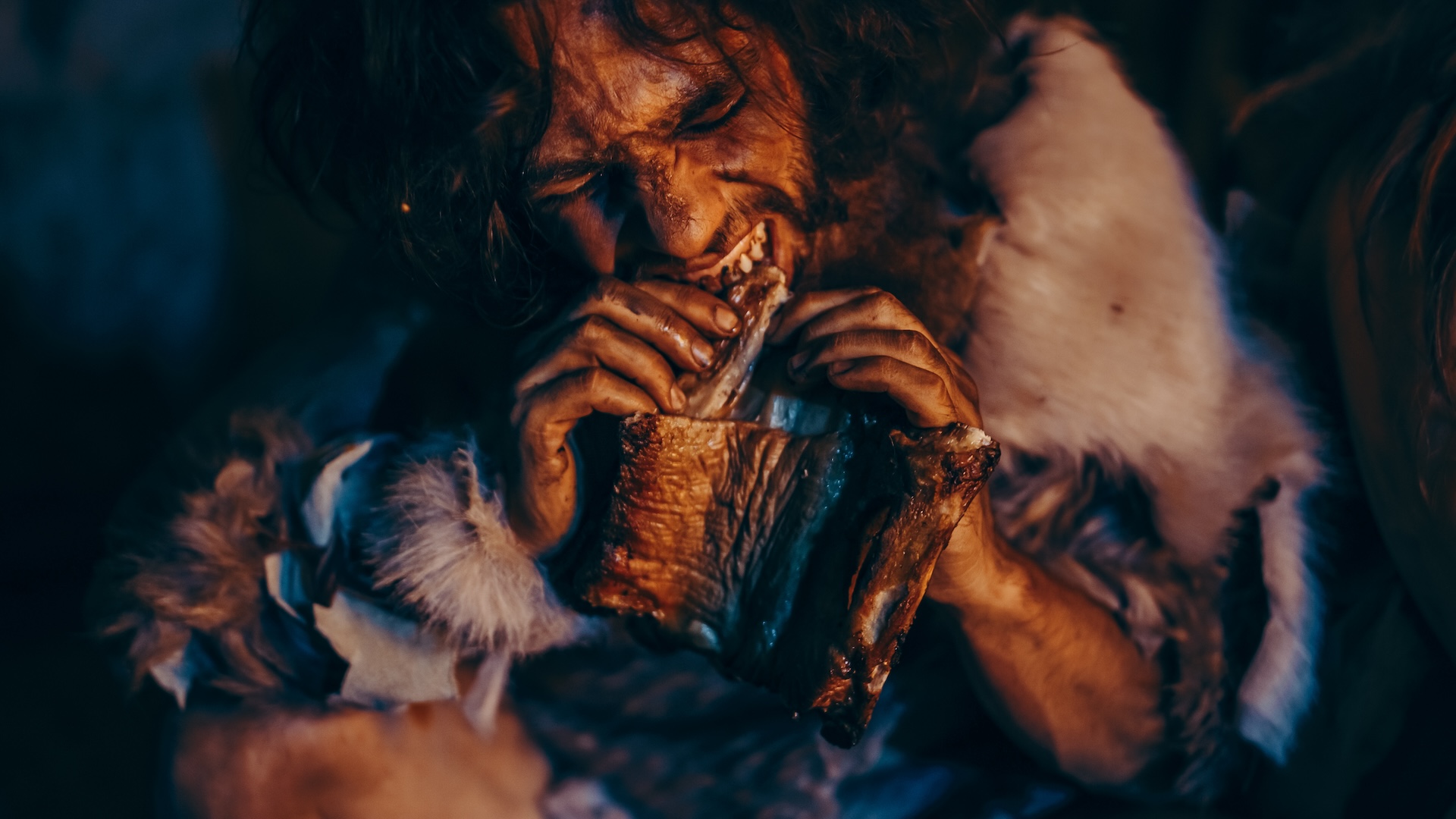
When did humans start cooking food?
By Ashley Hamer published
When did humans first roast food over a fire? Archaeology and biology can shed light on this mystery.

How many galaxies are in the universe?
By Ashley Hamer published
If we can see at most 3% of the universe, how can we estimate the total number of galaxies in it?

Should you floss before or after you brush your teeth?
By Ashley Hamer published
You've probably had a dentist remind you to floss — but when's the best time to do so?

Why do dogs look like their owners?
By Ashley Hamer published
When a dog looks strikingly like its owner, is that a coincidence or is there more to the story?
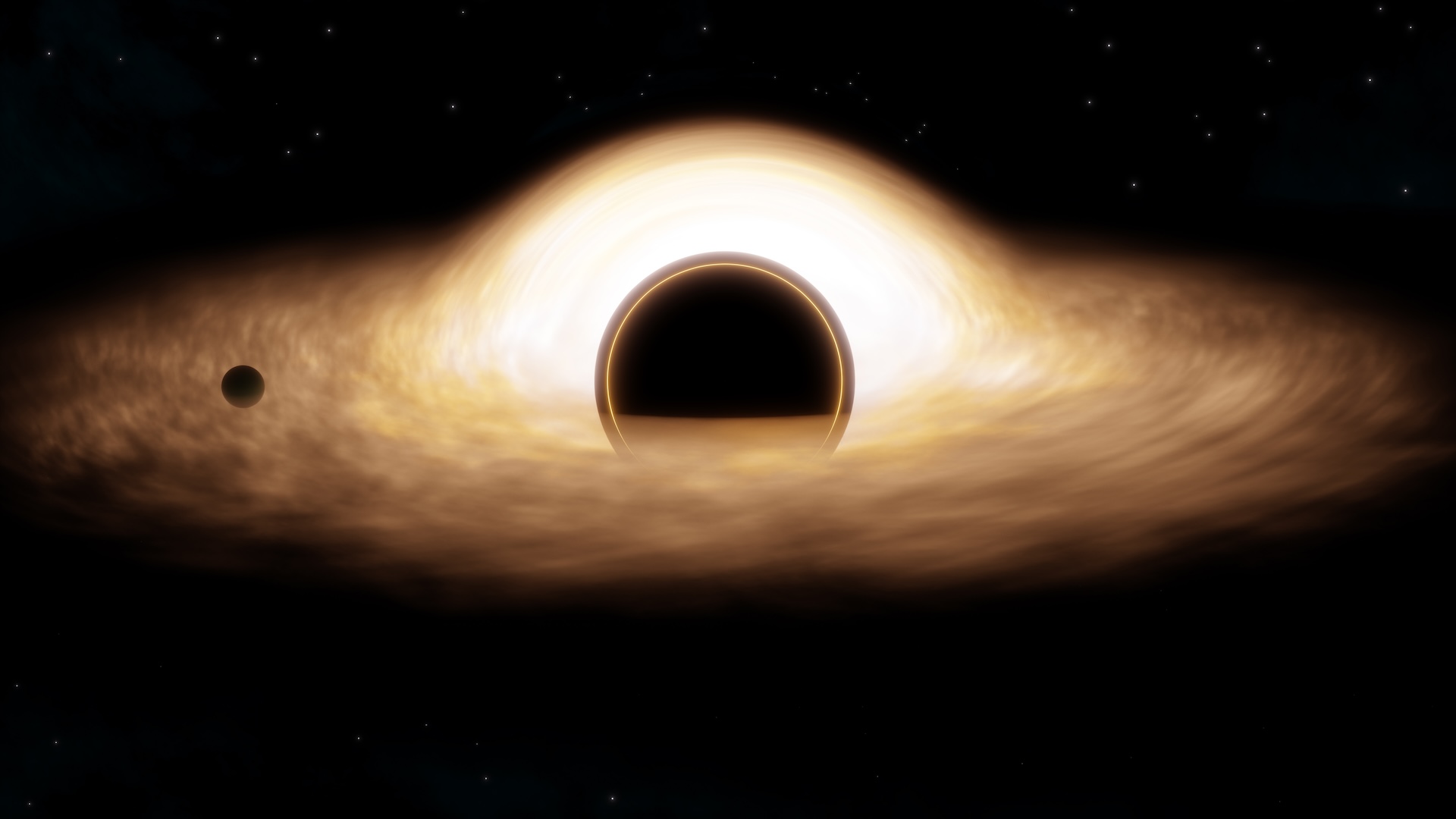
What would happen if a black hole wandered into our solar system?
By Ashley Hamer published
Black holes aren't "cosmic vacuum cleaners," but what would happen if one wandered into our solar system?

When did humans start wearing clothes?
By Ashley Hamer last updated
Clothes don't survive the way artifacts made of stone, bone and other hard materials do, so scientists have to get creative to answer this question.

Why do babies rub their eyes when they're tired?
By Ashley Hamer published
Babies usually rub their eyes when they're tired, but why?

Do we have taste receptors in other parts of our body?
By Ashley Hamer published
Taste receptors have been found far beyond the tongue, but do they help perceive taste or work like the ones in our mouths?
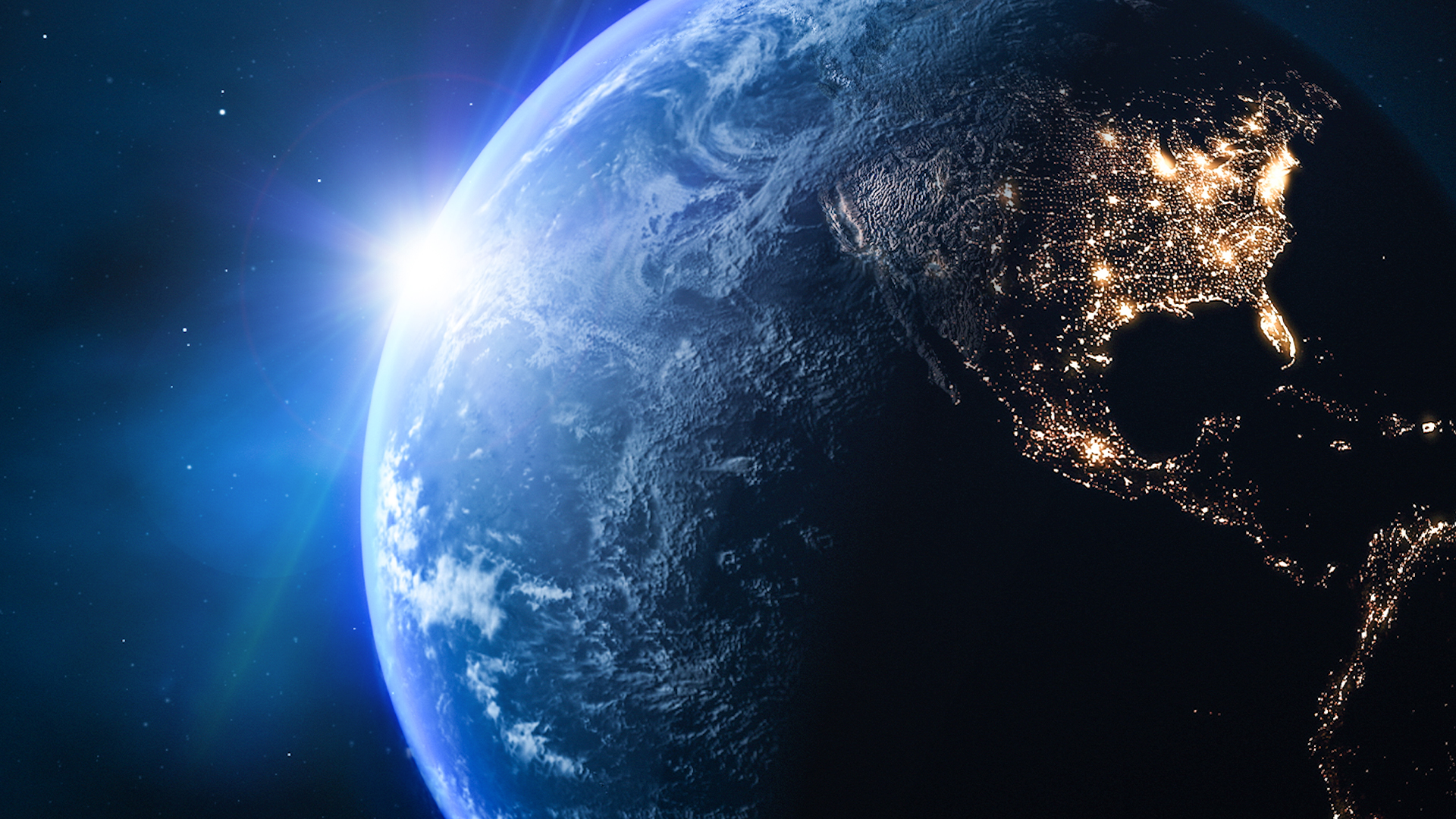
Why don't we feel Earth spinning?
By Ashley Hamer published
Earth moves around the sun at 67,000 mph and makes a full rotation once every 24 hours. So why can't we feel the Earth's rotation?
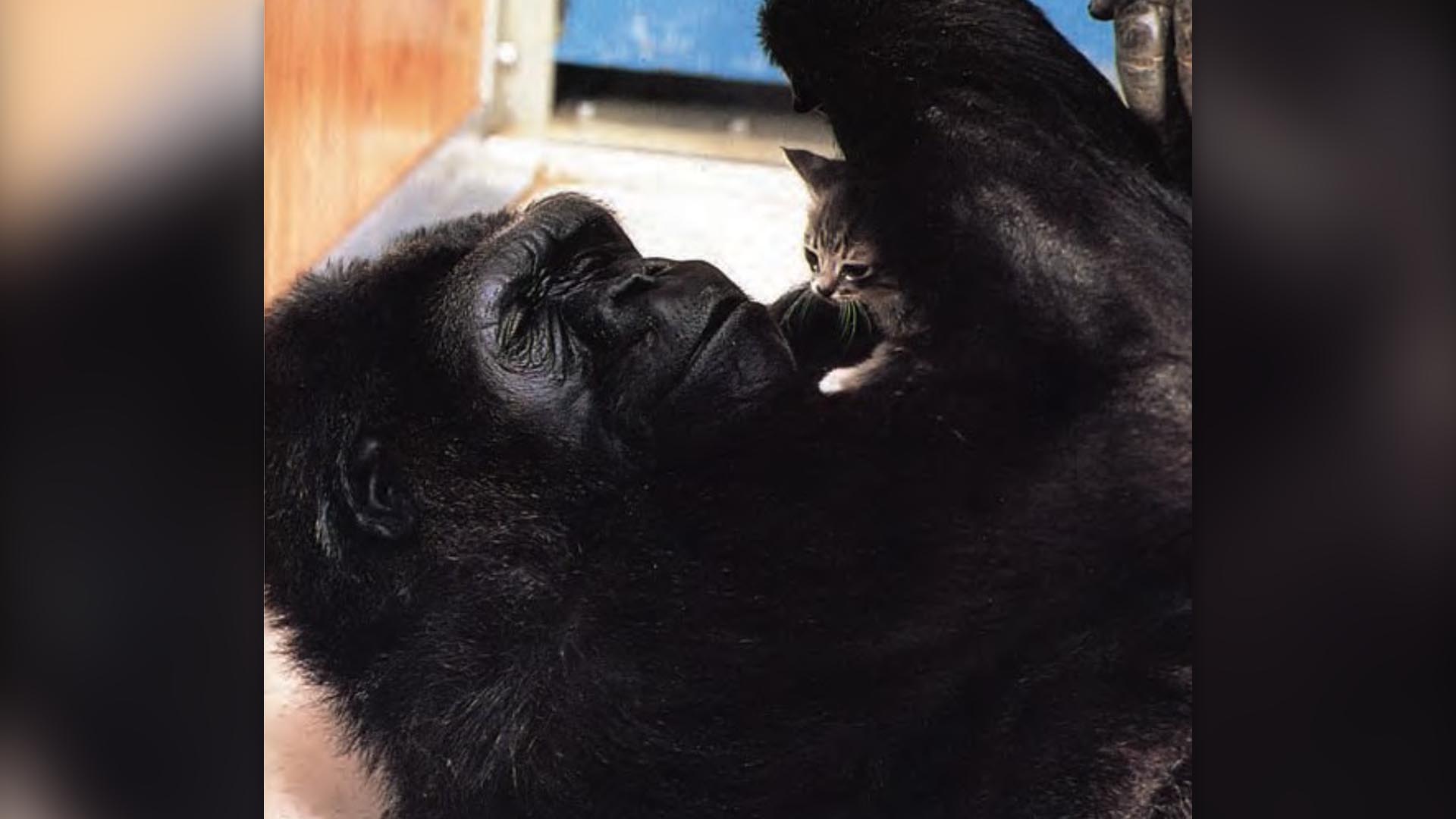
Do any animals keep pets like humans do?
By Ashley Hamer published
Humans have all kinds of pets, but do any other animals have them too?

Why do cats throw up so much?
By Ashley Hamer published
What you think is cat vomit may actually be something else, like a fur ball or regurgitation.
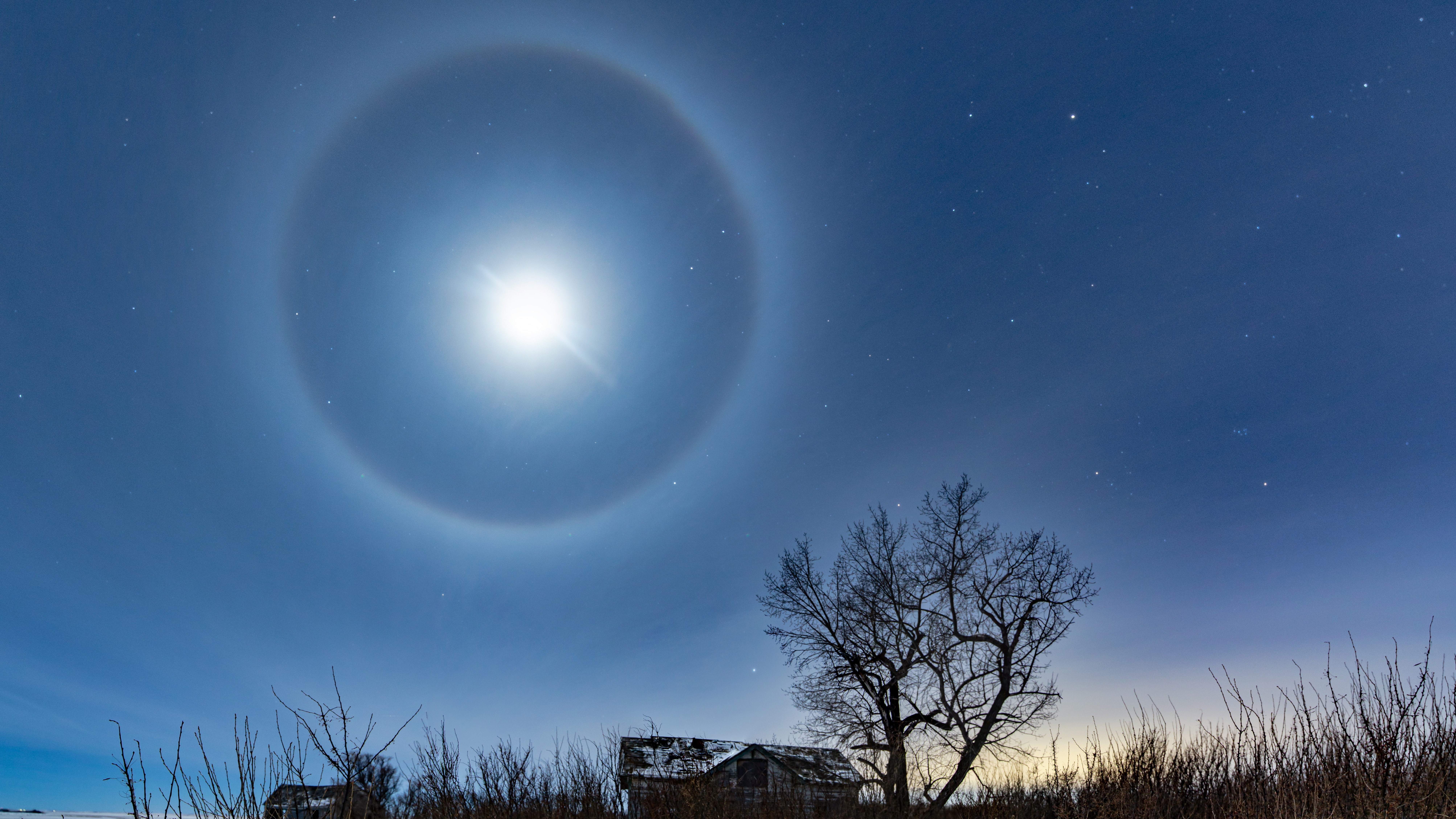
Why does the moon sometimes have a 'halo'?
By Ashley Hamer published
The moon's halo is always 22 degrees wide in the night sky when it appears. So what causes it?
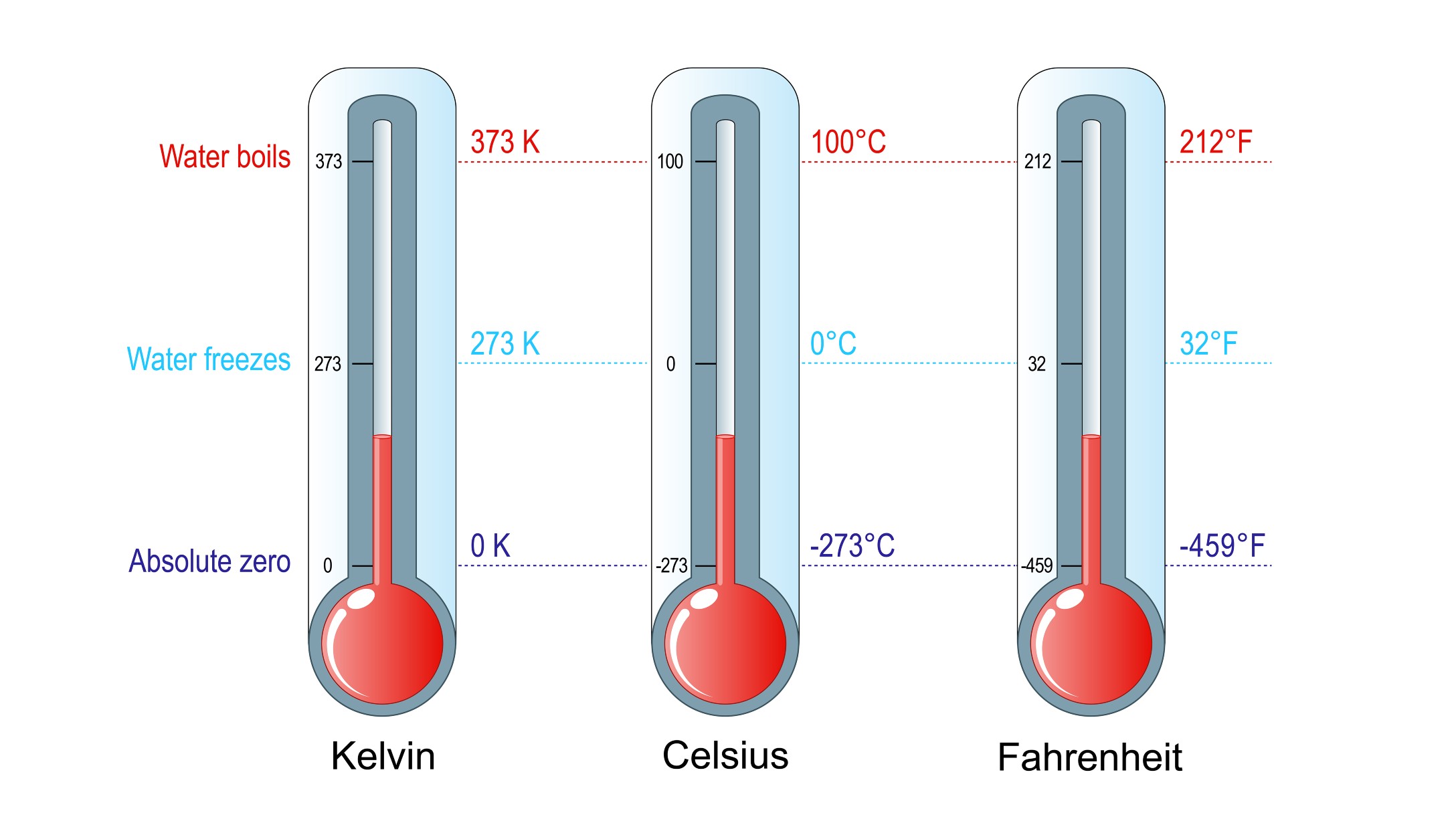
What is the third law of thermodynamics?
By Jim Lucas last updated
Reference According to the third law of thermodynamics, the entropy of a perfect crystal is zero when the temperature of the crystal is equal to absolute zero (0 kelvin).

Do trees exist (scientifically speaking)?
By Ashley Hamer published
Trees don't fit into a species, family or even an order. So do they really exist, scientifically speaking?
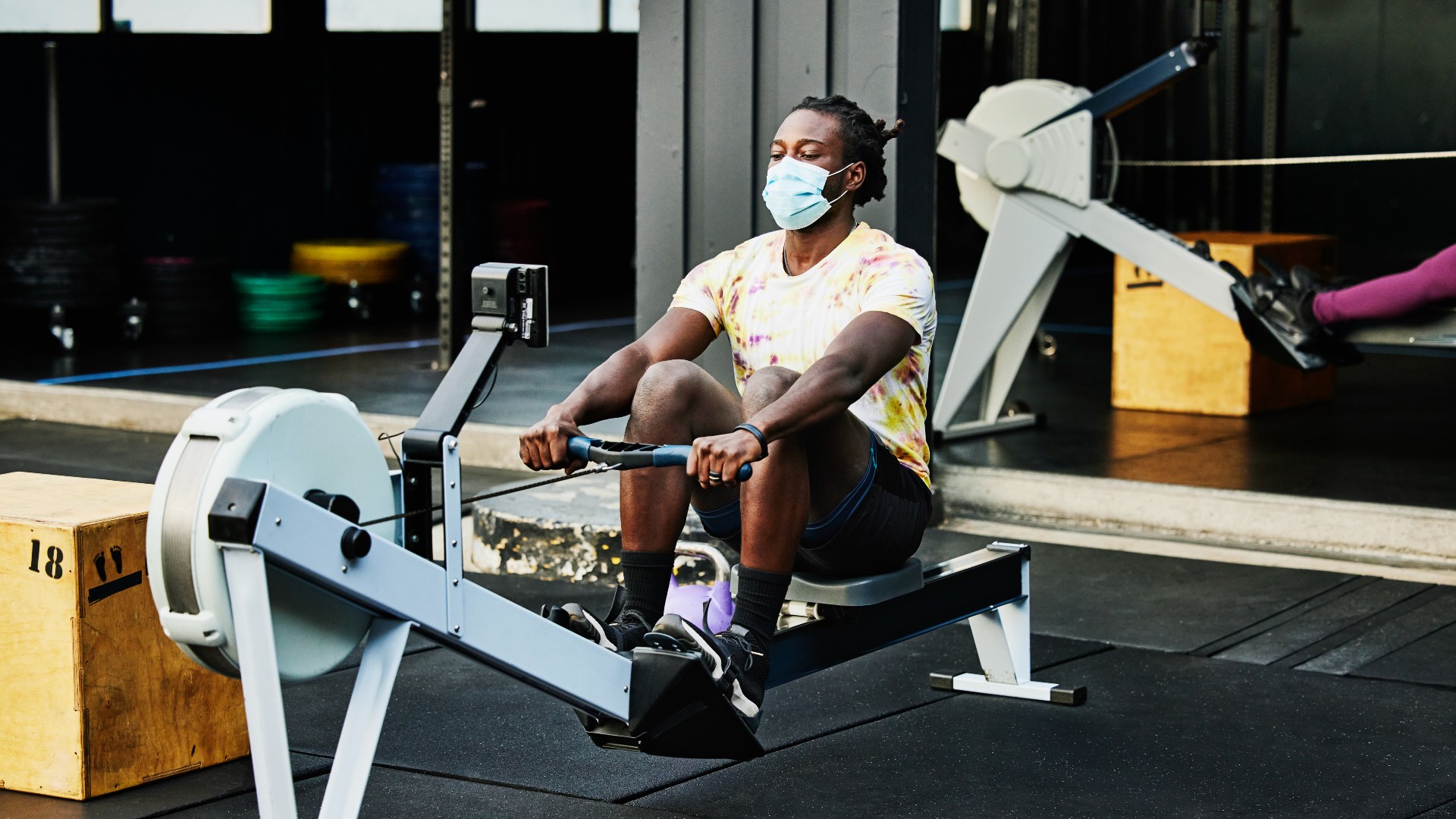
Should you exercise if you're sick?
By Ashley Hamer published
Here's a good rule of thumb for how to approach exercise when you're sick, according to a sports medicine doctor.
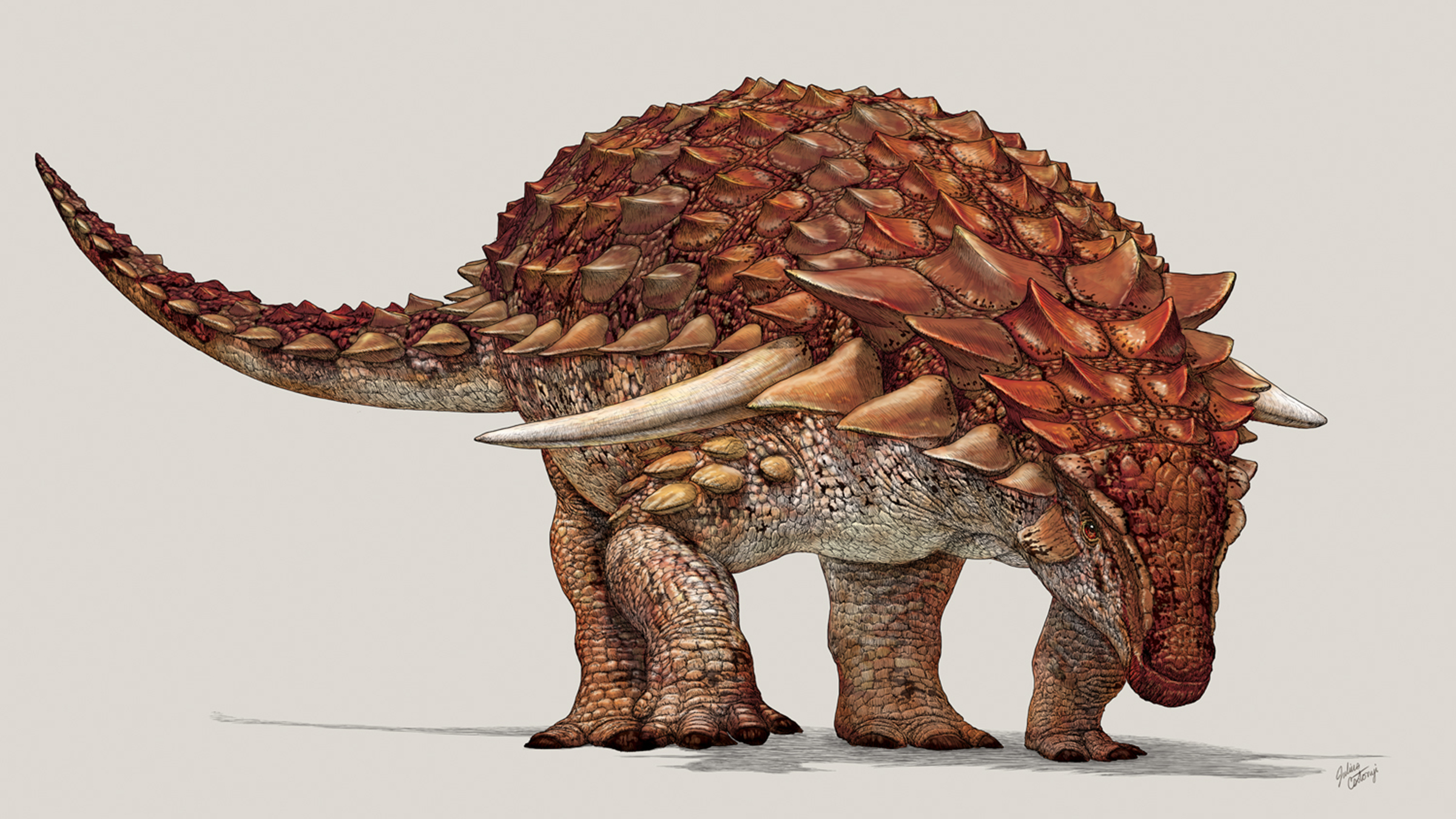
What color were the dinosaurs?
By Ashley Hamer published
Here's how scientists know which colors dinosaurs flaunted.

Why are scabs so itchy?
By Ashley Hamer published
Here's the science behind itchy scabs and the best way to help your skin heal.
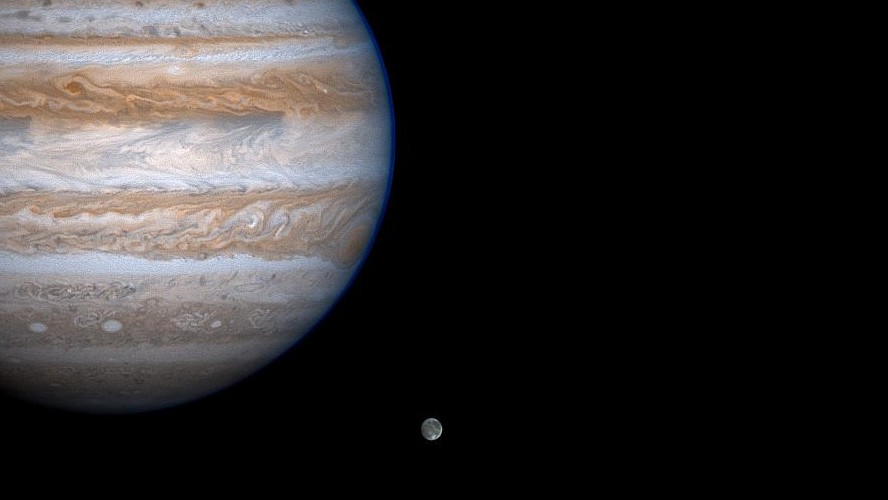
Are there any moons that are made of gas?
By Ashley Hamer published
There aren't any gaseous moons in the solar system, but here's what it would take for one to exist elsewhere.
Sign up for the Live Science daily newsletter now
Get the world’s most fascinating discoveries delivered straight to your inbox.


